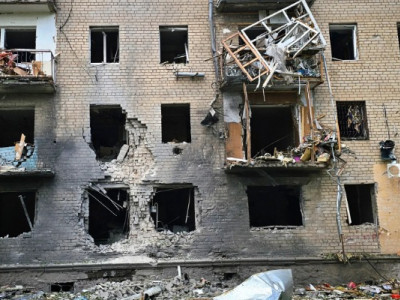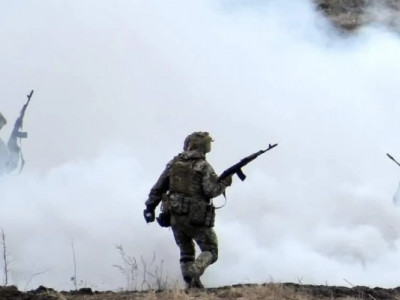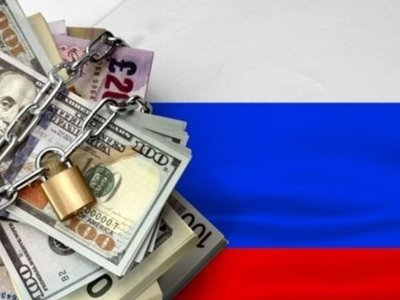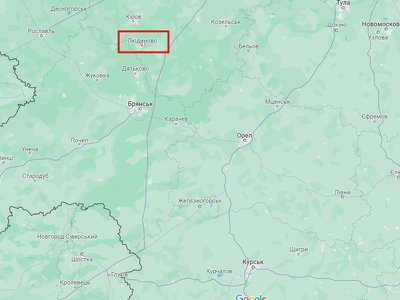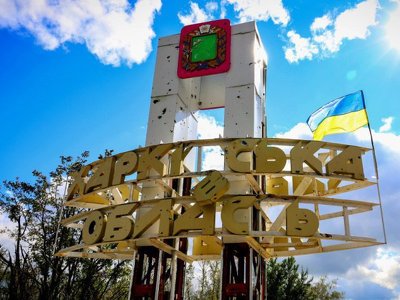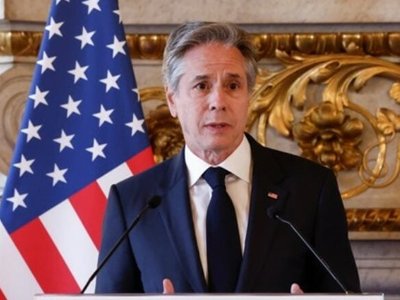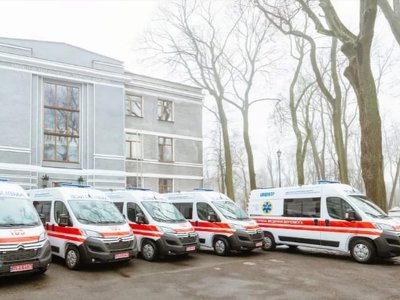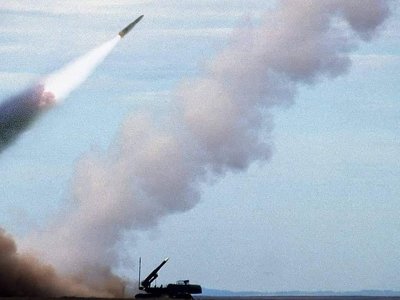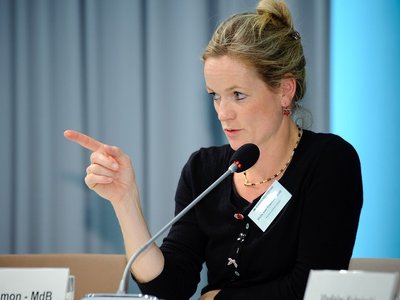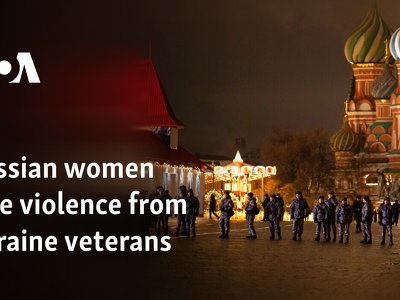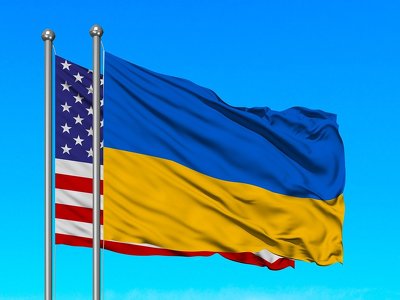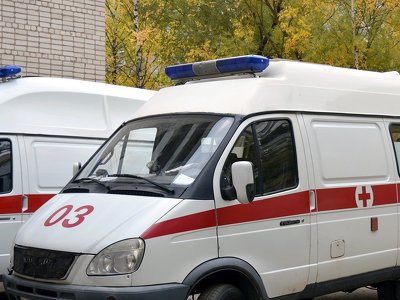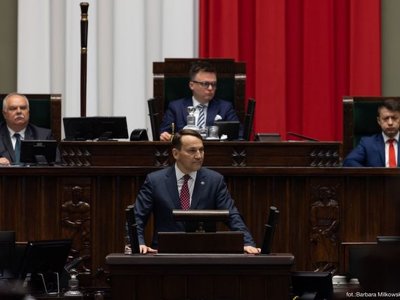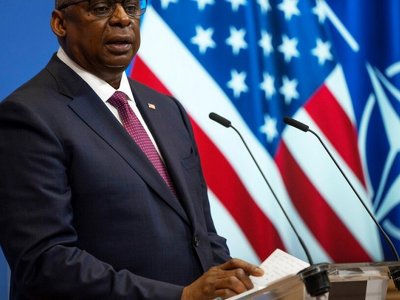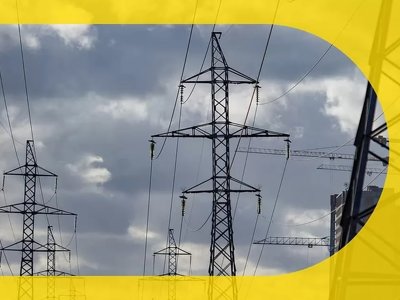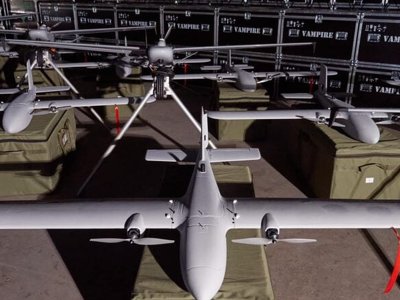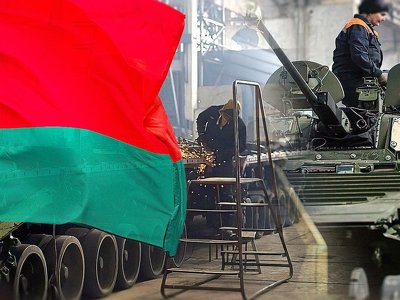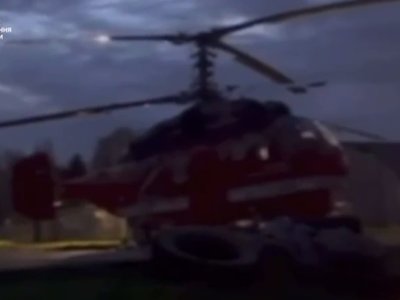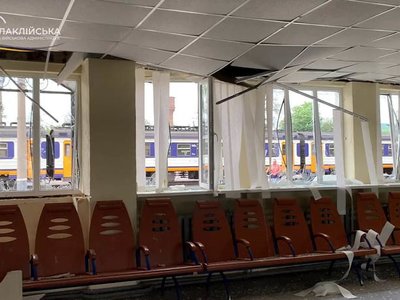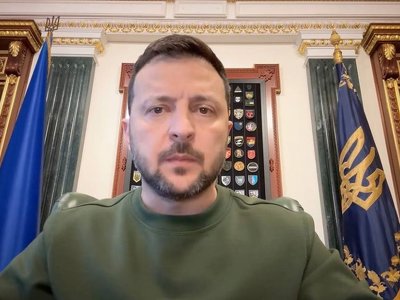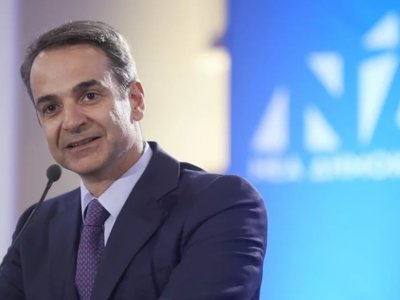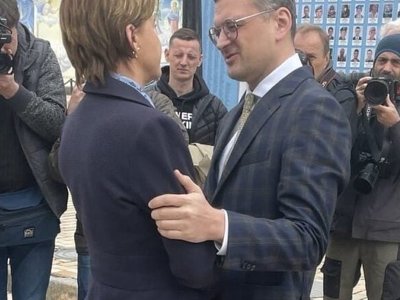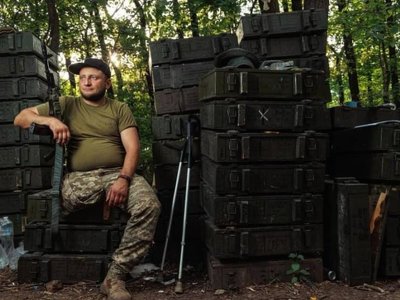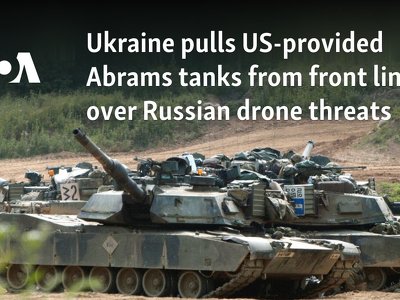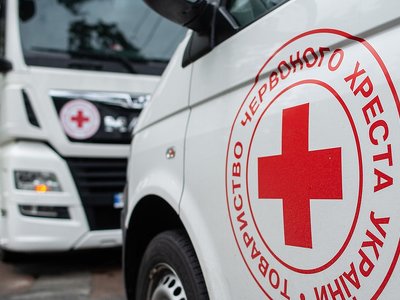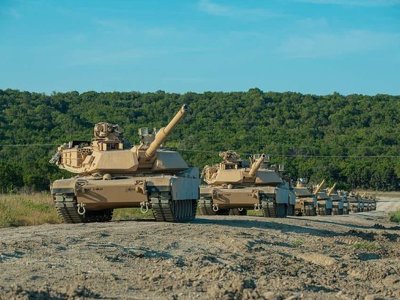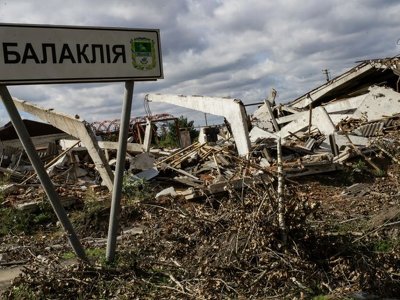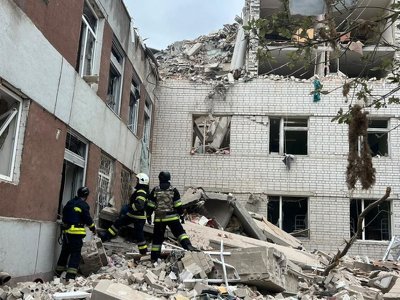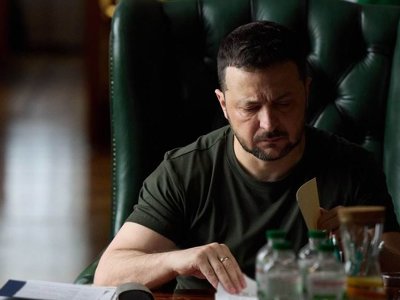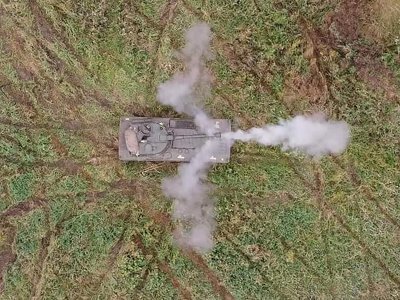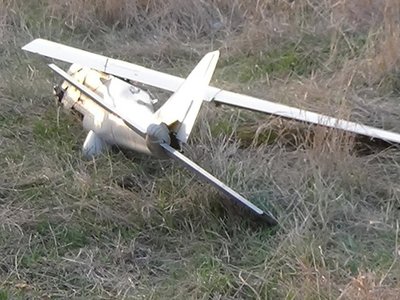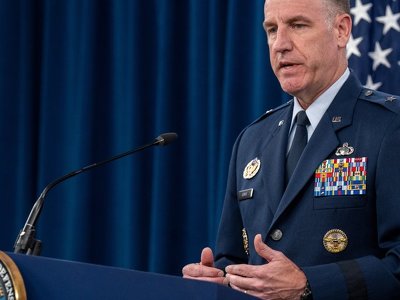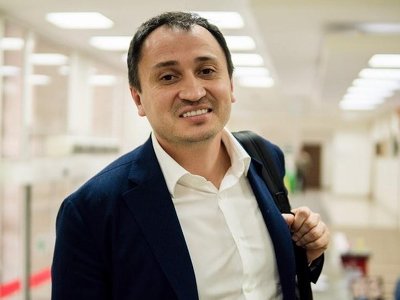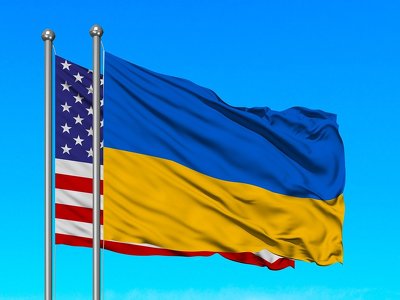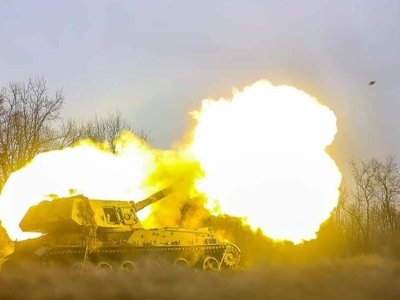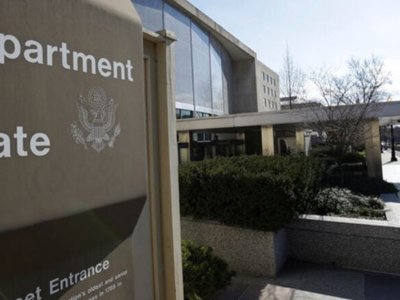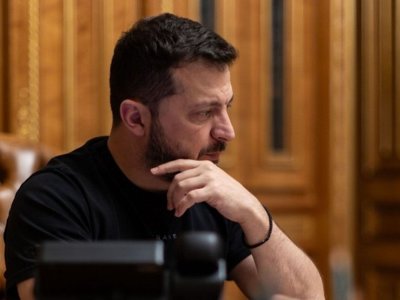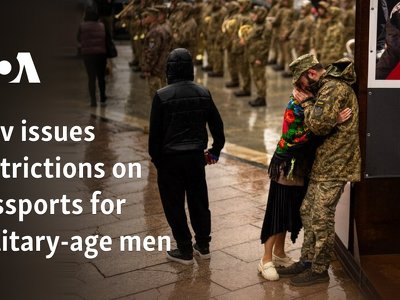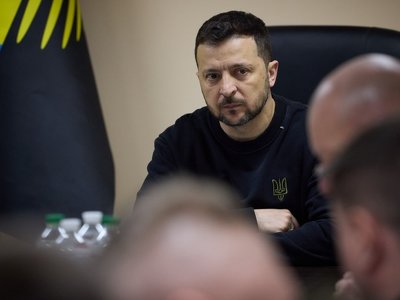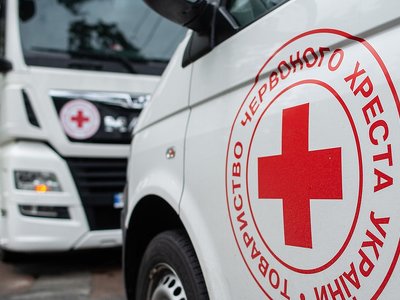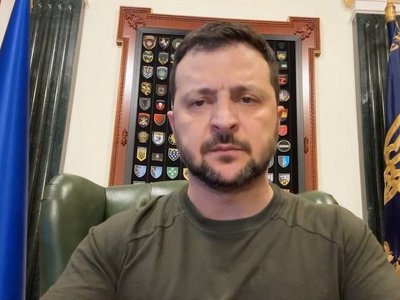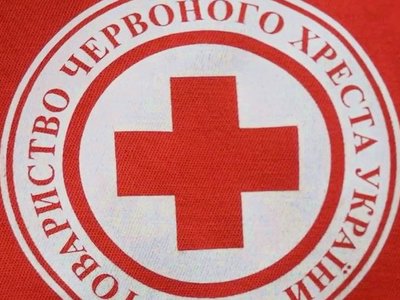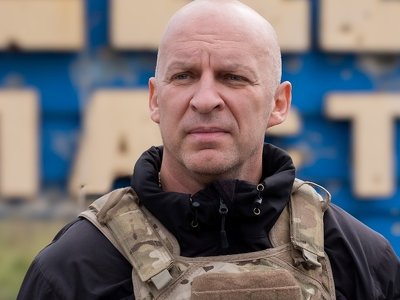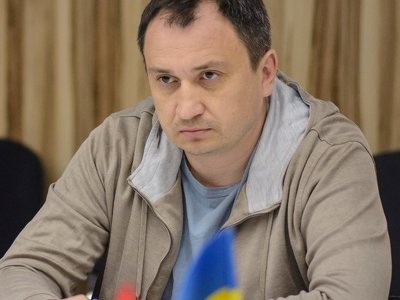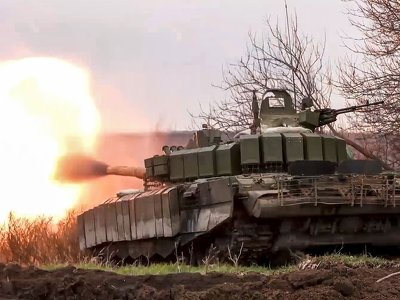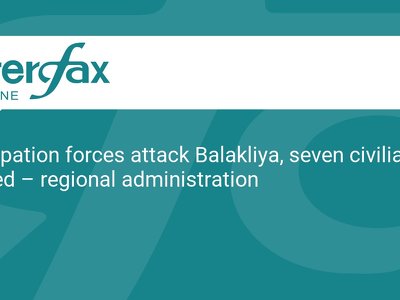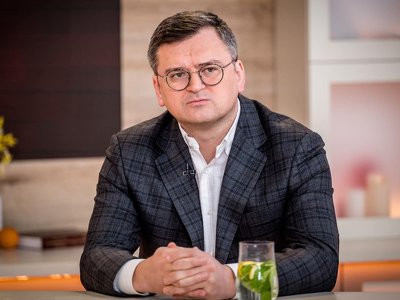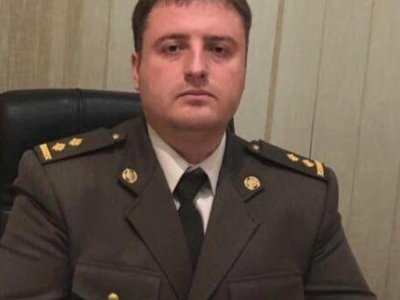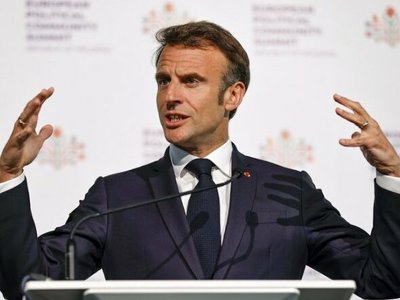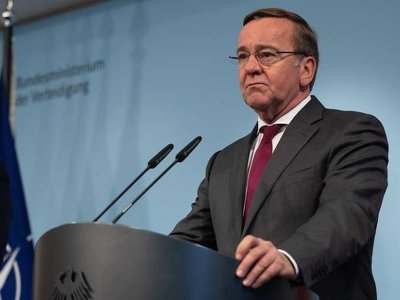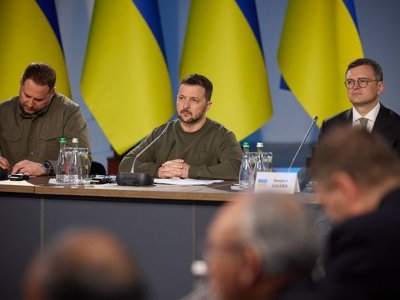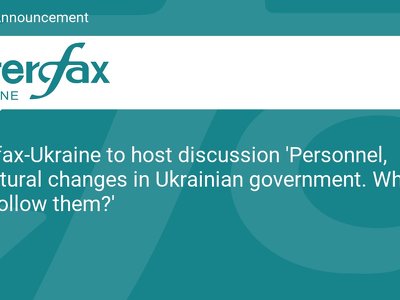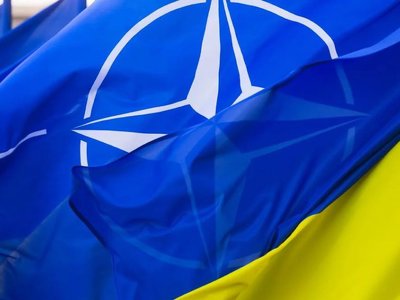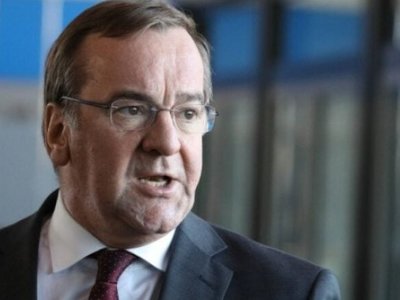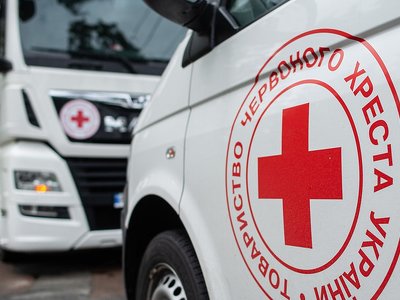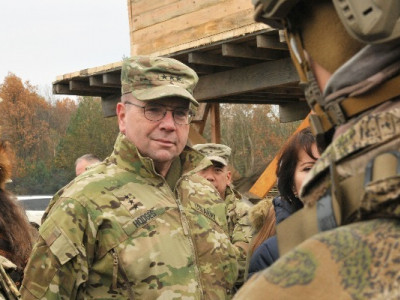What should happen in Poland to invoke NATO's Article 5 and how Putin plans to act

Russia’s attack on the night of 9-10 September has opened a new chapter in the war. Around two dozen combat drones flew through Ukraine and crossed into Poland. The Polish armed forces were forced to open fire and close four airports.
This incident left many questions. In Ukraine, the biggest ones concern NATO’s reaction.
Although the drone attack on Poland was intentional, it did not cross the required threshold to invoke the famous Article 5.
So, where is that threshold and why did Russia plan this attack? Read more in the article by Sergiy Sydorenko, European Pravda's editor: What is the goal of Russia's mass drone attack on Poland and how should NATO respond?
What happened on the night of 9-10 September was far from the first violation of NATO airspace by Russian drones.
But each time, the governments of the affected states insisted that these were accidental, "unintentional" violations of NATO's airspace and therefore could not be considered attacks against the Alliance.
These explanations were often not entirely truthful.
Now everything is fundamentally different.
When 19-20 drones cross the border simultaneously, that cannot be a coincidence. This was the deliberate targeting of military assets towards Poland.
Another difference is the seriousness with which the Polish army perceived the incident.
The Poles regularly scramble their fighter jets during missile attacks on western Ukraine, but up until now they have not engaged. This time, Poland's General Staff gave the order for combat use for the first time. The Poles managed to shoot down some of the drones.
Warsaw officially recognised it as an "act of aggression" against the country in a statement by its General Staff. But does this mean the other member states are obliged to come to its defence?
The short answer is no.
The barrier here was that the drone attack on Poland did not reach the threshold required for collective defence.
For this to happen, all NATO members must agree that an "armed attack" has indeed taken place.
What would have to happen for Russia’s actions to qualify as an attack on NATO?
At minimum, it would need to be a targeted, deliberate and leadership-sanctioned Russian strike on specific important sites in Poland.
Yet in past incidents the question of collective defence never arose, because Poland and Romania insisted they saw no evidence of deliberate Russian actions directed against them.
But a simultaneous launch of multiple drones and/or missiles on a military logistics hub in Rzeszów would leave no doubt that this was a deliberate attack, even if the drones and missiles were intercepted before reaching their target.
Why would Putin do this?
Putin’s strategic goal is the destruction of Western unity and the erosion of trust within NATO.
The attack on Poland, a NATO member and close US ally – deliberately planned so that NATO could not respond – fits this goal perfectly. It feeds distrust and strengthens the narrative of a "helpless NATO".
Putin’s attack also dealt a severe blow to confidence in NATO’s air defences.
At the same time, organisations monitoring public discourse in Poland report that they are seeing a visible boost to Russia-friendly narratives in Polish social media such as "NATO won’t protect you" and "This is Ukraine's fault."
Taken together, this leaves Poland and the Alliance as a whole facing a difficult choice.
- Last
- February, 05
-
-
-
-
- April, 28
-
-
-
-
-
-
- April, 27
-
-
-
-
-
-
-
-
-
News by day
18 of September 2025

